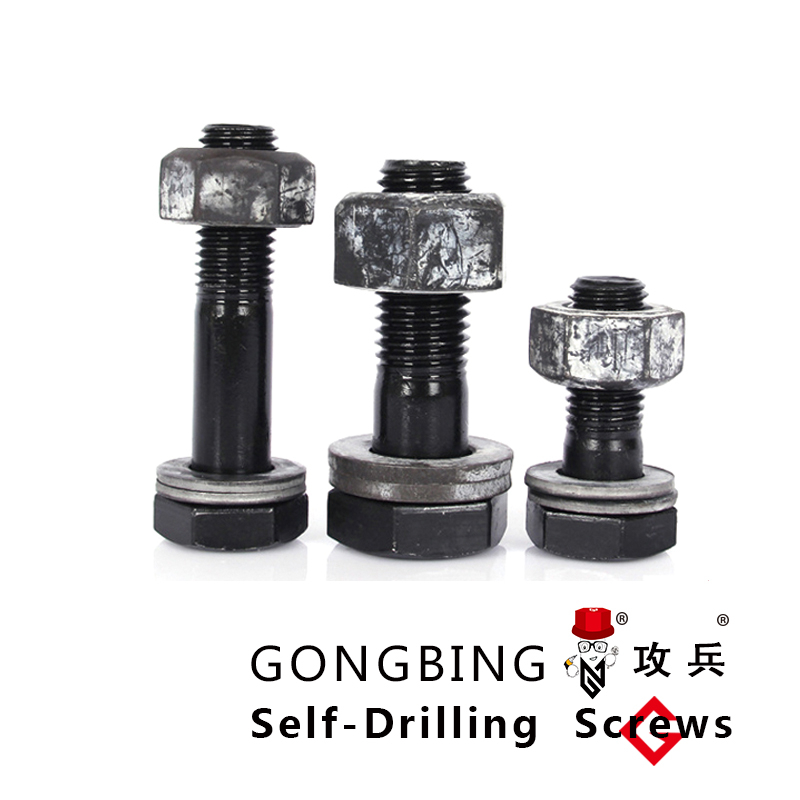Understanding Chemical Anchor Fasteners for Enhanced Bolt Performance in Construction Projects
Understanding Chemical Anchor Fastener Bolts A Comprehensive Overview
Chemical anchor fastener bolts represent a significant advancement in the field of construction and engineering. These specialized fasteners are designed to enhance the strength and durability of connections between various structural elements, particularly in applications where traditional mechanical anchors may not suffice. Their unique ability to bond with the materials they are installed into makes them an ideal choice for a wide range of applications, from heavy-duty industrial setups to residential projects.
The primary component of a chemical anchor is the resin that acts as an adhesive. When the resin is mixed with a hardener, it forms a strong bond as it cures, effectively anchoring the bolt within the substrate. This chemical reaction generates considerable compressive strength, allowing the fastener to resist shear and tensile forces. This feature is particularly advantageous in environments that experience dynamic loads, such as those found in seismic zones or areas subjected to heavy vibrations.
One of the significant benefits of chemical anchor fastener bolts is their versatility. They can be used in various base materials, including concrete, masonry, and even some types of natural stone. This adaptability makes them a preferred choice for construction professionals who seek to ensure the reliability of their installations. Additionally, the use of chemical anchors allows for the adjustment of bolt placement, as the bond can develop after the bolt has been positioned.
chemical anchor fastener bolt

Installation of chemical anchor fastener bolts involves several essential steps. First, a hole is drilled into the base material, ensuring it meets the specifications for diameter and depth. After cleaning the hole to remove dust and debris, the resin is injected into the hole, followed by the insertion of the anchor bolt. As the resin cures, the bond forms, solidifying the connection. It is crucial to follow the manufacturer’s guidelines regarding curing times and environmental conditions to achieve optimal results.
Another compelling aspect of chemical anchor fastener bolts is their performance in corrosive environments. Many manufacturers offer formulations that are resistant to moisture, chemicals, and other environmental factors, thereby extending the lifespan of the fastener. This resistance is critical in applications where longevity and structural integrity are paramount.
In summary, chemical anchor fastener bolts provide a robust and reliable solution for various fastening needs in construction and engineering. Their unique adhesive properties, versatility, ease of installation, and resistance to environmental degradation make them an essential tool for modern construction practices. As technology advances and the demand for reliable fastening solutions grows, chemical anchors will continue to play a pivotal role in enhancing the safety and durability of structures worldwide.
-
Weatherproof Plastic Expansion Anchors for OutdoorHabarlarJun.06,2025
-
Sustainability in the Supply Chain: Eco-Friendly TEK Screws ProductionHabarlarJun.06,2025
-
Load-Bearing Capacity of External Insulation FixingsHabarlarJun.06,2025
-
Double Head Bolts: Enhancing Efficiency in Industrial MachineryHabarlarJun.06,2025
-
Corrosion Resistance in Chipboard Screws: Coatings for Wholesale DurabilityHabarlarJun.06,2025
-
Butterfly Toggle Bolts : Enhancing Structural ResilienceHabarlarJun.06,2025
